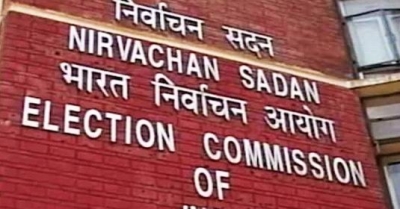The highest judicial authority today issued a stern rebuke to the State Bank of India (SBI) concerning its handling of information regarding electoral bonds, a program enabling discreet donations to political parties by individuals and entities.
Following the court’s previous decision to nullify the electoral bonds scheme, SBI was instructed to divulge comprehensive data regarding donations spanning the past half-decade.
Responding to a plea from the Election Commission, the Supreme Court pointed out deficiencies in the data furnished by SBI. Presiding over a five-judge panel, Chief Justice DY Chandrachud directed SBI to not only provide existing details but also disclose the electoral bond numbers.
Chief Justice Chandrachud wasted no time in highlighting the absence of bond numbers, querying the representation for the State Bank of India at the onset of the session.
In a notification served to SBI, the Supreme Court bench requested clarification regarding this oversight, scheduling a follow-up hearing for March 18. The inclusion of electoral bond numbers is deemed crucial for establishing connections between donors and political entities.
Electoral bonds were introduced in 2018 by the BJP administration as a measure to substitute cash contributions, purportedly enhancing transparency in political funding.
Last month, the Supreme Court invalidated the program, citing constitutional concerns and the potential for quid pro quo arrangements. Furthermore, the court urged SBI to furnish the Election Commission with all pertinent details regarding bond transactions.
In its submission, the Election Commission reiterated the court’s directive to retain copies of documents submitted during the proceedings, emphasizing the importance of maintaining records at the commission’s office.
The Election Commission clarified that it had not retained any copies of the documents and requested their return to facilitate compliance with the court’s instructions.

